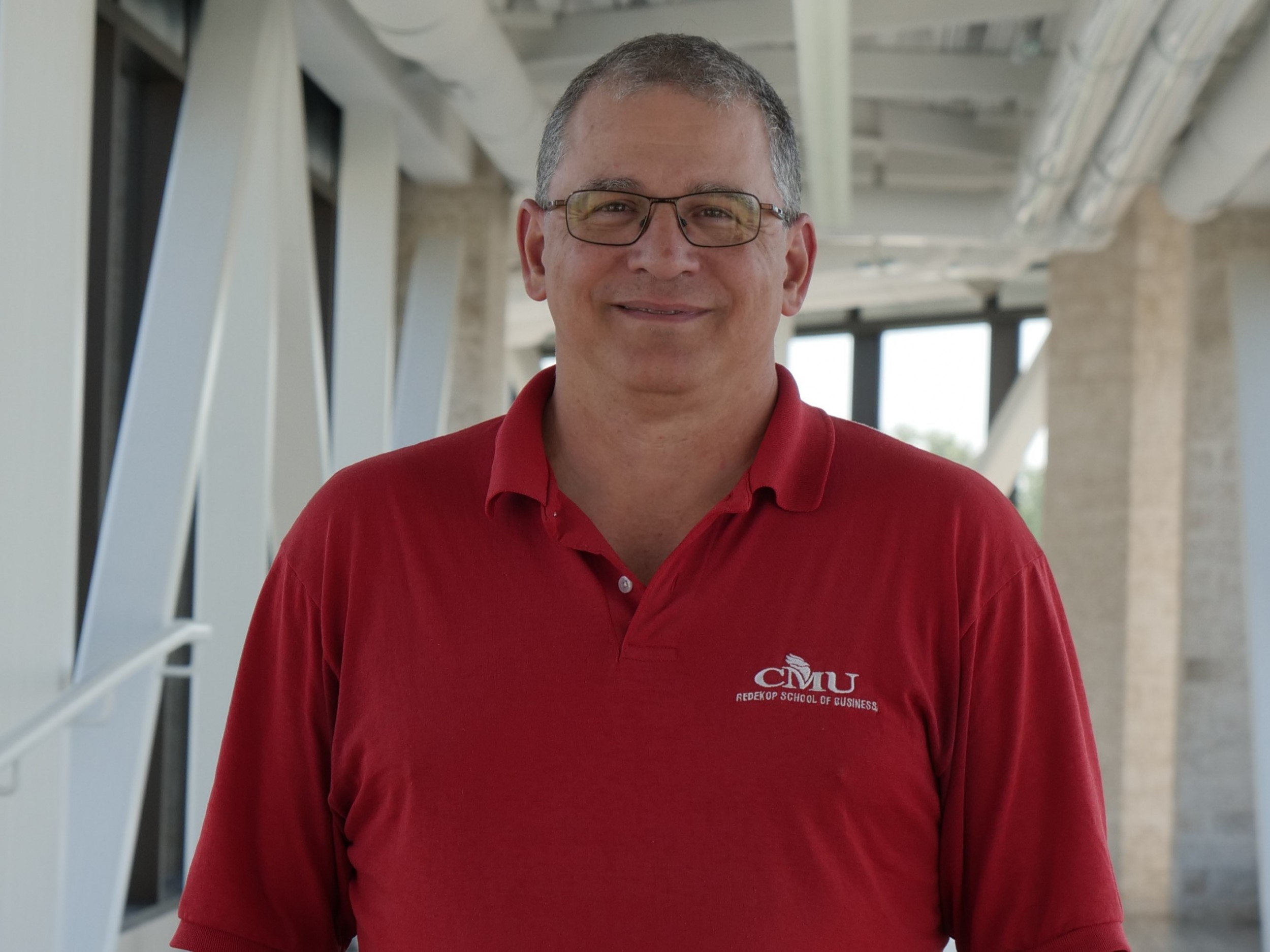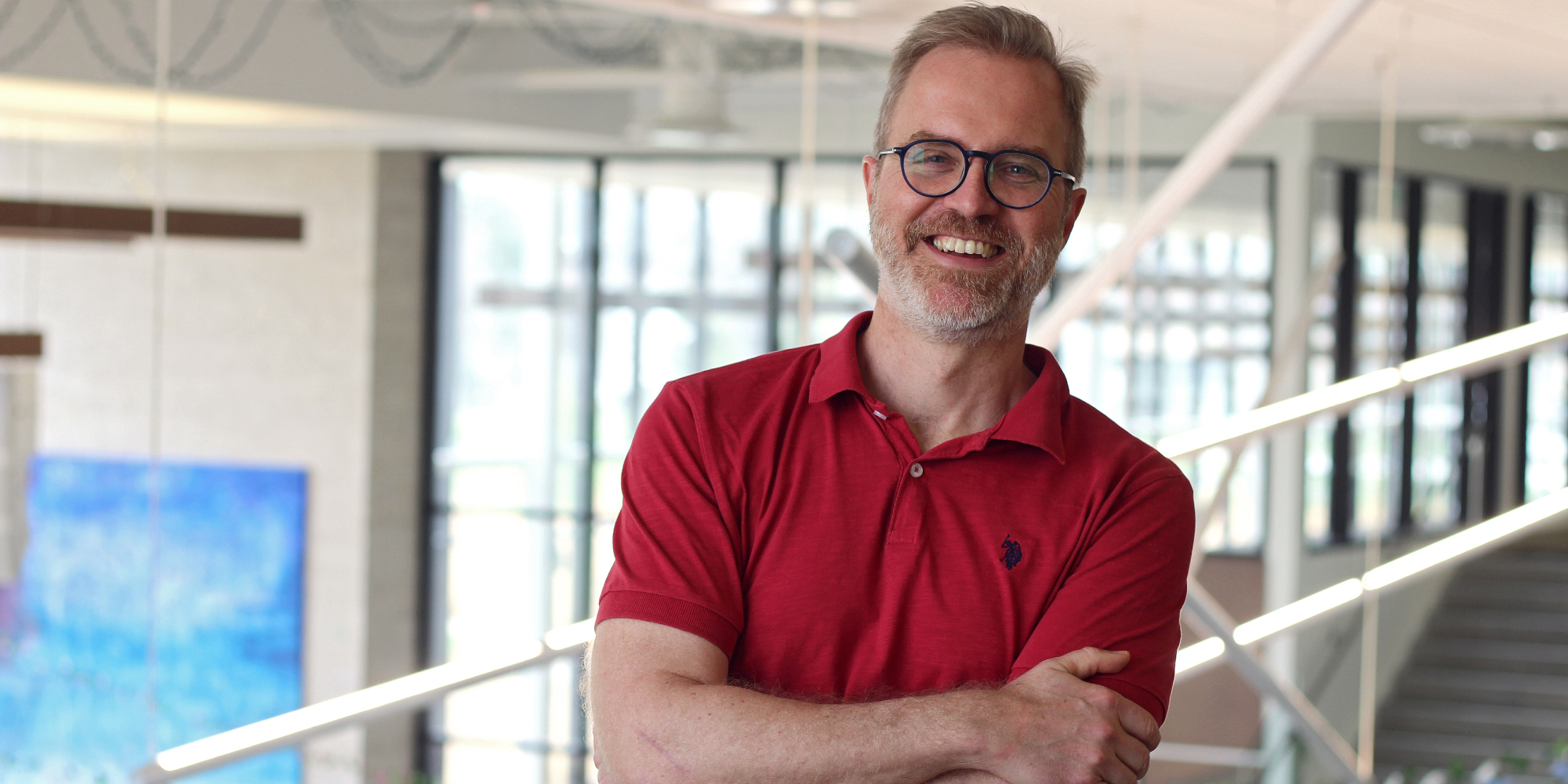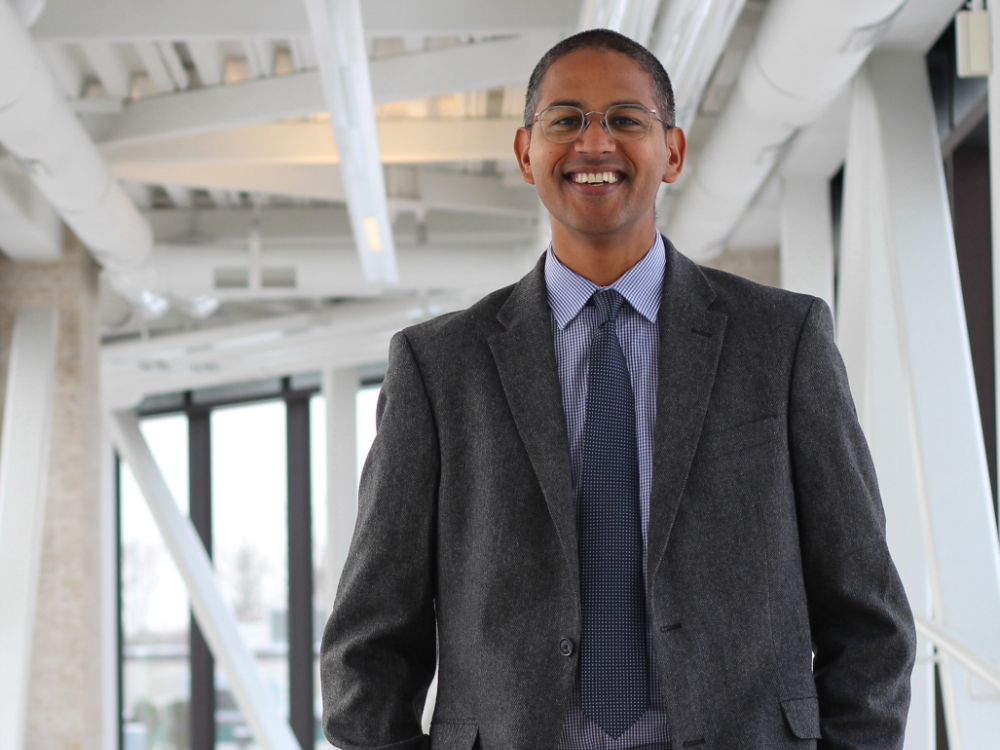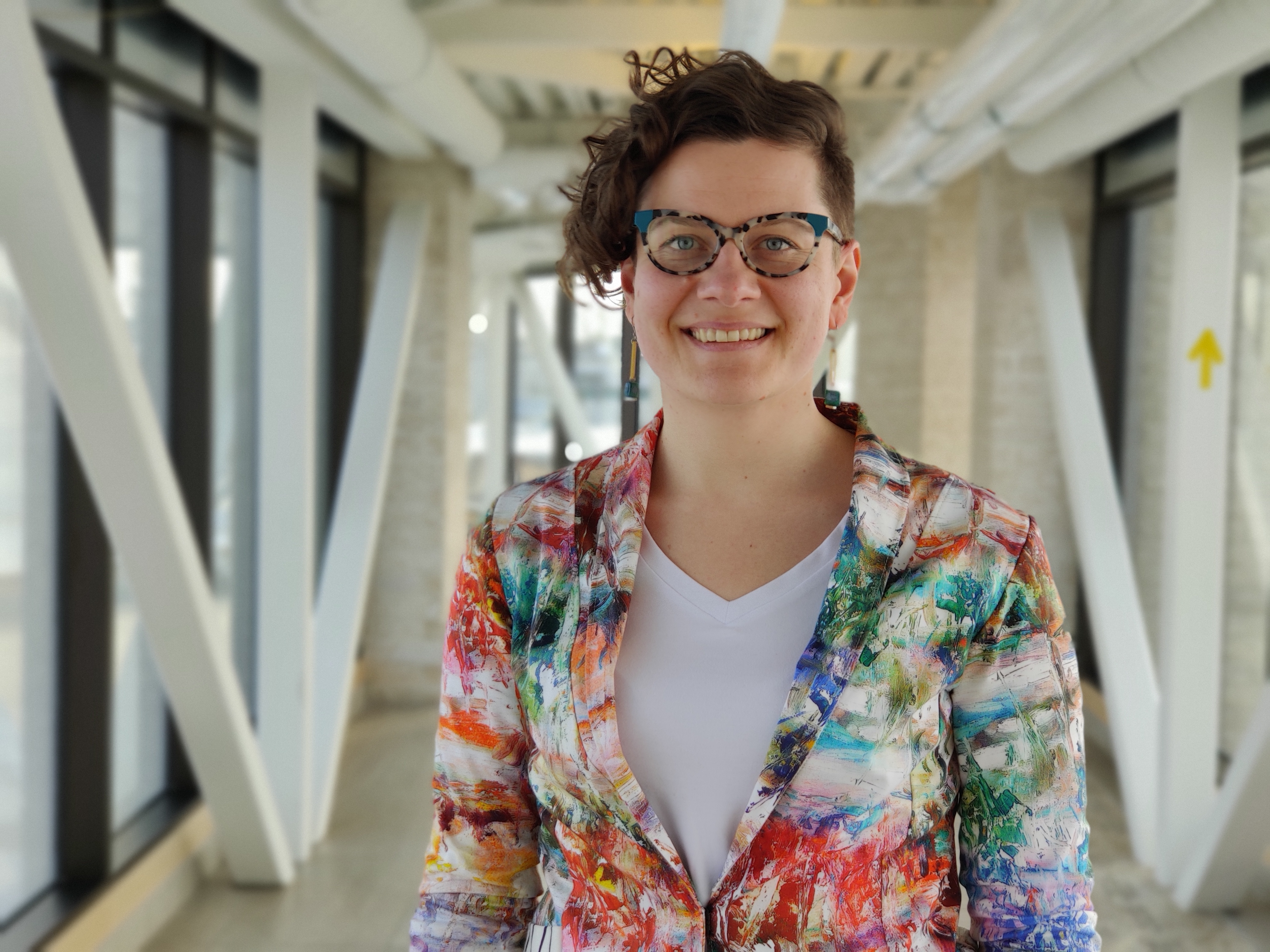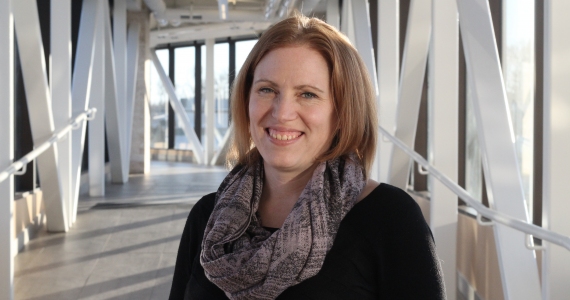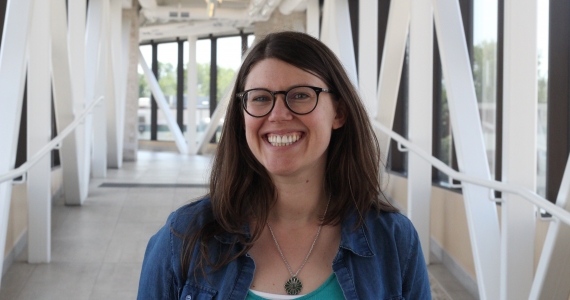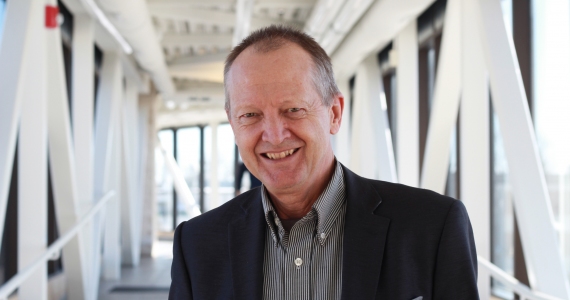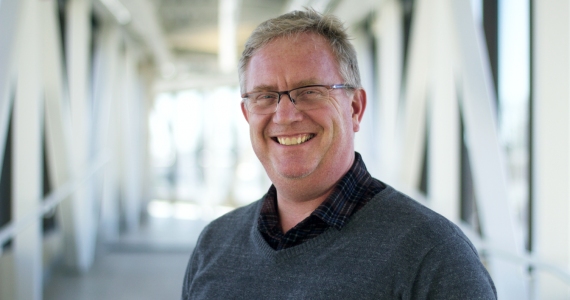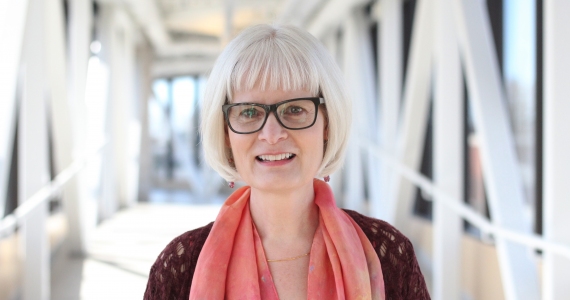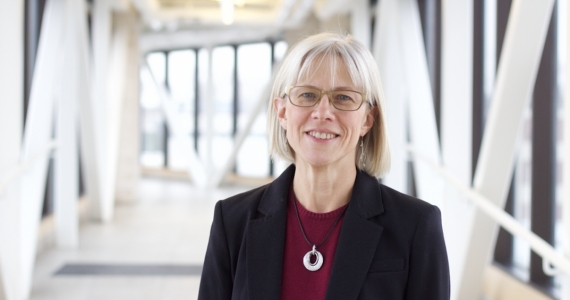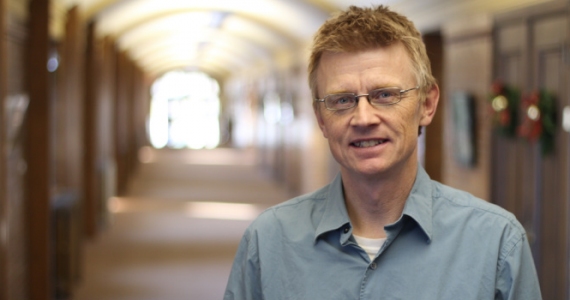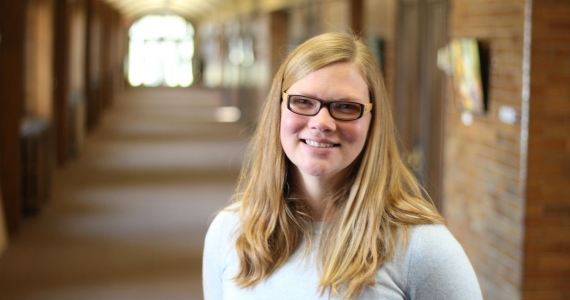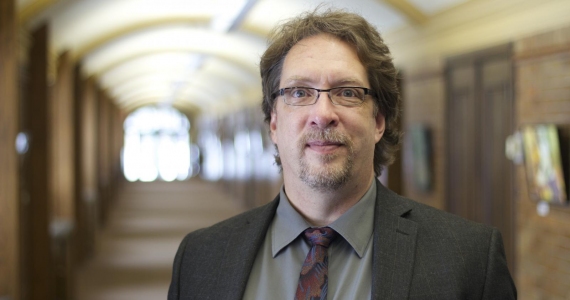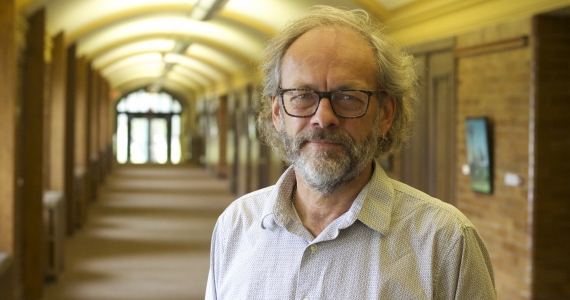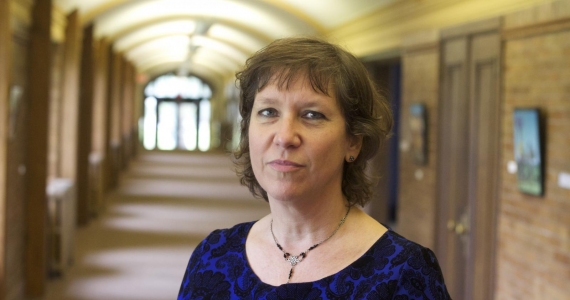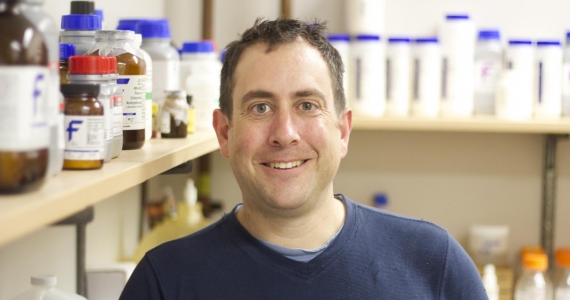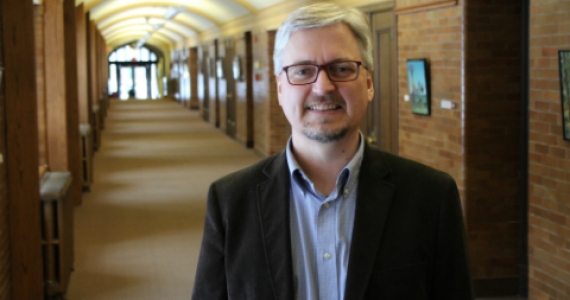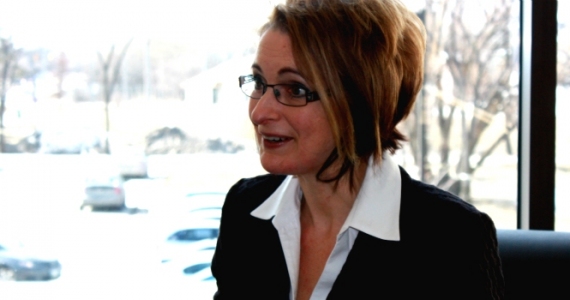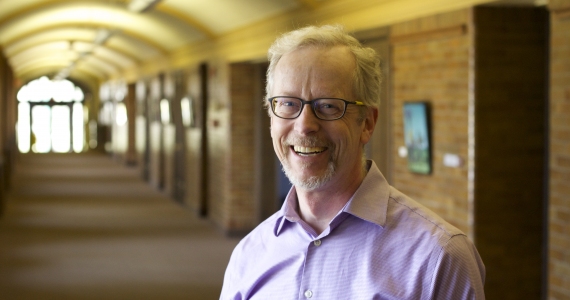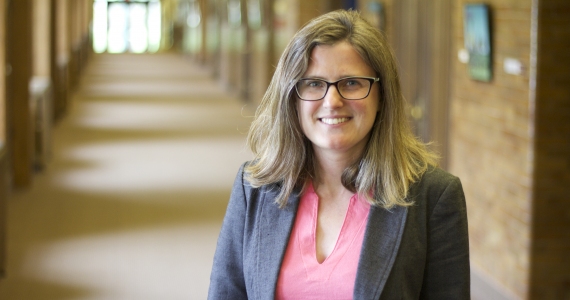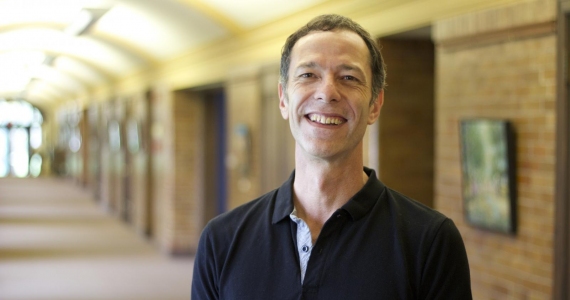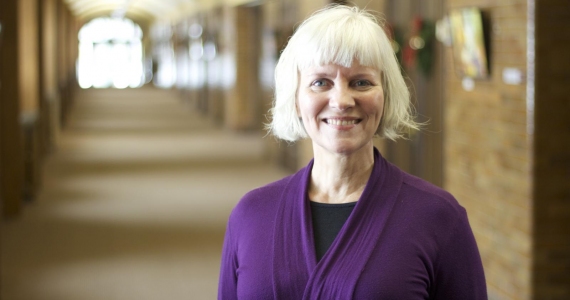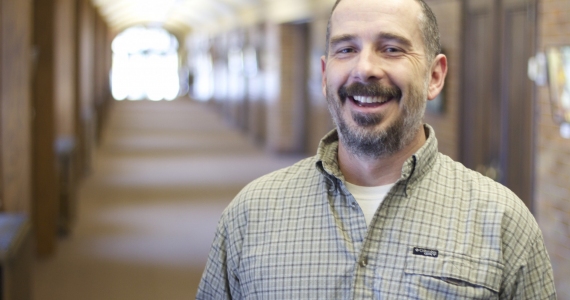
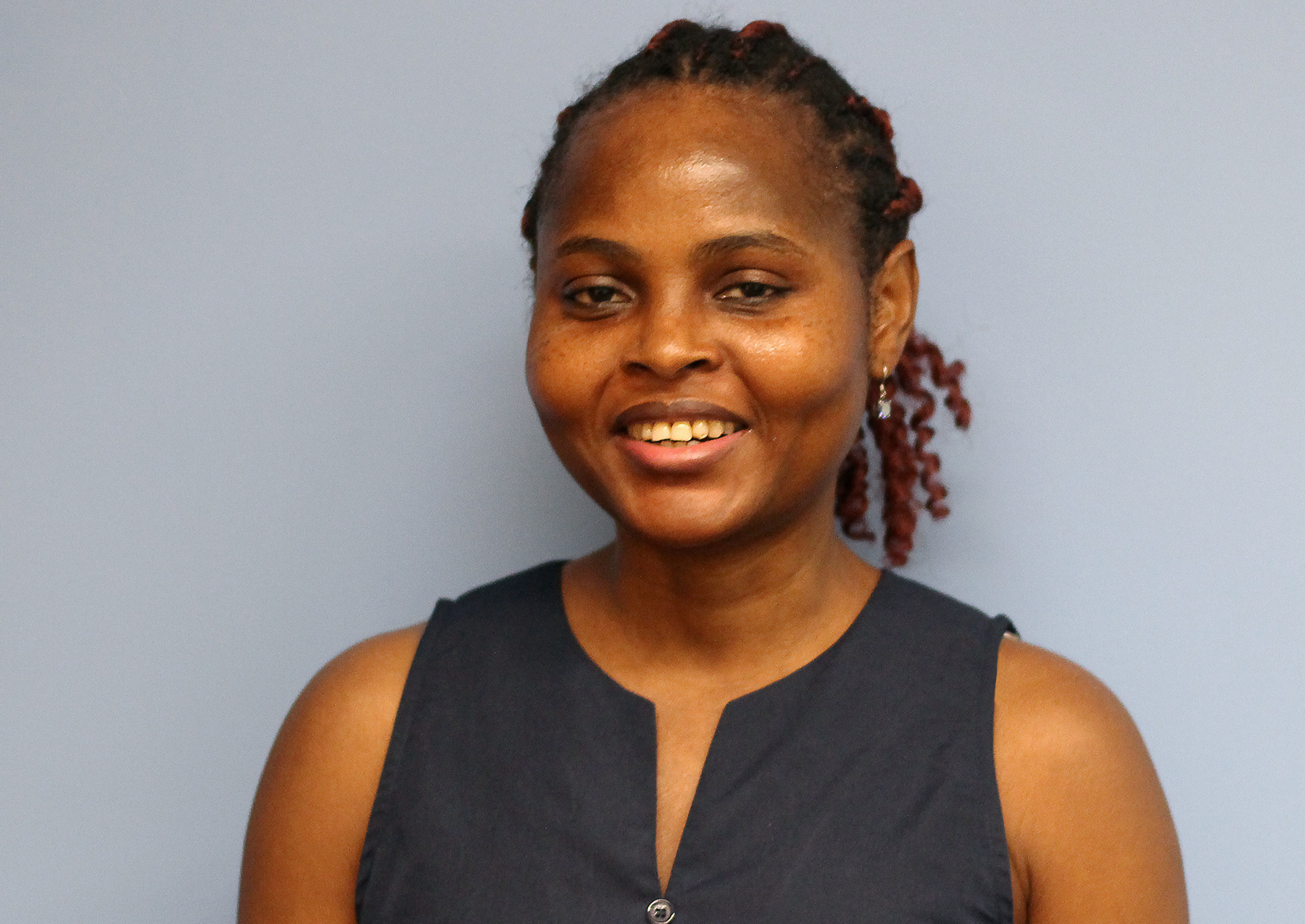
Felicia Owadara she/her
Assistant Professor of Social Work
Program(s): Social Work
Email: fowadara:@:cmu.ca
Phone: 204.487.3300
Office: F333
Felicia Owadara, PhD, is a social work scholar whose interdisciplinary background spans counseling, health social work, and social policy research. She holds a PhD in Social Work, an MRes in Social Policy and Social Work Research, and a BEd in Counseling. Her research focuses on mental health and inclusive policy-making, particularly improving workplace environment for people with lived experience of mental illness. She joined CMU in July 2025.
Felicia teaches courses in quantitative and qualitative research methods, clinical social work, and social welfare policy, using participatory pedagogy that centers students' engagement and lived experience. Her publications include work on inclusion, mental health advocacy, and collaborative approach in policy design.
Areas of Teaching
Research Methods, Social Policy, Human Behaviour in the Social Environment, Clinical Social Work, among others
Education
BEd, MSW, MRes, PhD
Work in Detail
Teaching
I am a dedicated educator with a passion for fostering critical thinking, applied learning, and inclusive dialogue in the classroom. My teaching spans both undergraduate and graduate levels, with a focus on social work, research methods, policy, and Indigenous knowledge systems. I strive to create learning environments that are student-centered, culturally responsive, and grounded in real-world application.
Courses Taught
Quantitative Research in Social Work/Advanced Statistics in Social Work
This course emphasized evidence-based practice in social work. Students were guided through research design, data analysis, and ethical considerations, with a focus on applying quantitative tools to real-world social work contexts.
Canadian Social Welfare Policy
Students critically examined the evolution and structure of social welfare in Canada. The course encouraged policy analysis and reflection on the social worker's role in shaping equitable systems.
Interpersonal Communication
Focused on developing clinical engagement skills, this course used role-plays and simulated client interactions to help students practice active listening, empathy, and culturally sensitive communication -- core competencies in social work.
Social Inquiry in Social Work
Introduced undergraduate students to research and critical inquiry in social work. The course emphasized ethical inquiry and the integration of theory and practice.
Indigenous Knowledge and Economic Development
Explored Indigenous worldviews and their relevance to sustainable, community-driven development. The course featured guest speakers and case studies to center Indigenous voices and experiences.
My teaching philosophy is rooted in the belief that education should empower students to think deeply, act ethically, and engage meaningfully with the communities they serve. I aim to create inclusive, reflective, and dynamic learning spaces that prepare students for both academic and professional success.
Research
Dr. Owadara's scholarship focuses on mental health policy, workplace inclusion, and lived experience in policy-making. Her published research -- including works such as Reframing Inclusion: Mental Health, Policy, and Lived Experience in the Workplace -- advances dialogue on inclusive systems and equity in social practice.
Theses
- Felicia Owadara (2025). A survey of the implentation of participation strategies to enhance inclusive workplace in the public and private educational systems in Lagos State. A Doctoral Thesis Submitted at the University of Manitoba, in Partial Fulfillment of the Award of Doctoral Degree in Social Work.
- Felicia Owadara (2015). Employment situation of young adults with lived experience of Schizophrenia in Nigeria. A Master Thesis Submitted at the University of York, England in Partial Fulfillment of the Award of Master Degree in Social Policy and Social Work Research.
Publications
- Owadara, F. O. (2021). "Once Mad, is Always Mad": Experience of mental health. Service users in the Nigerian Labour Market, International Journal of Research, and Innovation in Social Science, I,90-97
- Owadara F.O. (ongoing). Politicizing disability: Narratives of marginalization and visibility during COVID-19.
- Owadara, F.O. (2014). Cultural beliefs, social support, and societal ascribed roles as determinants of patients' perception of illness symptoms. International Journal of Social Work and Human Services Practice 2(1), 1-10
- Ajayi, O., and Felicia Owadara (2015). Mathematics attribution styles of Osun State senior secondary school students. Ife Journal of Behavioural Research. 6(2), 1-10.
Conferences
- Owadara, F. (June 17th 2025). A comparative analysis of inclusive programs in Private and public schools in Lagos state. A paper presented at the Disability Inclusion Africa Network Biannual Conference, England.
- Owadara, F. O. (Sep. 16-81, 2020). The efficacy of the Nigerian public bureaucracy in the implementation of National Mental Health Policy (proposed conference paper in Zurich, ICSW 2020).
- Owadara, F. O. (June 3-7, 2019). Public sector market values and welfare values: A case study of Manitoba transformational agenda (Social Work Conference, Vancouver).
Workshops
- Owadara, F. (May 8-9, 2018). The place of trust in public policy design. A paper presented at The Exploring the Epistemological intersections of Family Violence and Child/Youth Mental Health Workshop, Winnipeg.
-
Peer Reviewer (Disability Studies) Sage Open Journal 2023 till date- She reviews disability research related works for Sage publications.
Performance
Teaching Excellence
Dr. Felicia Owadara teaches undergraduate- and graduate-level courses in quantitative and qualitative research methods, clinical social work, and social welfare policy. She uses a participatory teaching philosophy that encourages co-learning and values lived experience, fostering inclusive and critically engaged classroom environments.
Dr. Owadara's performance reflects a holistic commitment to teaching innovation, socially impactful research, and collaborative service within academic and community spheres.
Applied
Integrating Practice into Teaching
My teaching philosophy is grounded in the belief that meaningful education bridges theory and practice, and that students thrive in environments where they feel seen, supported, and challenged. Drawing from my professional background as a case manager in a teaching hospital, field researcher, and my volunteer roles in mentoring, policy analysis, advocacy, tutoring, and counseling, I bring a holistic, practice-informed approach to the classroom.
In my role as a case manager, I developed a deep understanding of client-centered care, interdisciplinary collaboration, and ethical decision-making skills I now translate into classroom discussions, case-based learning, and reflective assignments. These real-world insights help students connect academic content to the realities of social work practice, preparing them for the complexities of the field.
My volunteer experiences have further shaped my teaching. As a mentor and tutor, I have learned the importance of individualized support and inclusive pedagogy. As a policy analyst and advocate, I have developed a critical lens that I now share with students, encouraging them to interrogate systems, challenge inequities, and envision transformative change.
These experiences have not only informed my teaching methods but have also resonated with my students. Many have expressed appreciation for the supportive and engaging learning environment I strive to create. I often receive personal notes and messages from students thanking me for the knowledge, encouragement, and guidance they received throughout the course.
One student shared:
"Felicia, I really want to take a moment to thank you for this feedback. This is not an exaggeration -- this is the very first time that I am receiving a comprehensive evaluation of my performance. You clearly outlined my strengths, areas for improvement, and practical steps I can take to grow. I truly appreciate it."
Such feedback affirms my commitment to teaching as a relational and transformative practice. My goal is not only to deliver content but to mentor future practitioners, helping them develop the critical thinking, empathy, and resilience needed to thrive in their careers. I see each classroom as a space for growth, for my students and for myself, and I remain committed to evolving my practice to meet their needs and aspirations.
Community
Service and Community Engagement
Dr. Owadara combines academic expertise with deep community involvment and has contributed to programs such as:
Oyaza Orphanage Home (Ibadan, Nigeria, 2010-2016): Counselling and wellness services for vulnerable children.
Mind in Motion University of York Student Group (York, England 2014-2016): A wellness initiative supporting elder well-being.
Manitoba Schizophrenia Society, now Peer Connection (2017-2023): Advocacy and mental health peer support.
Divert Mental Health (2020-ongoing): Online forum for research and mental health dialogue.
ACOMI (2024-ongoing): Community engagement focused on immigrants and multicultural support.
